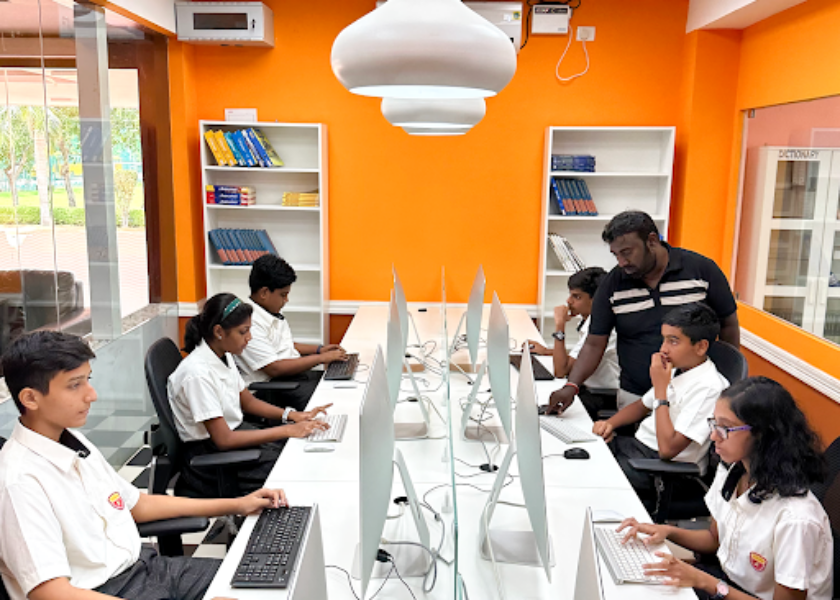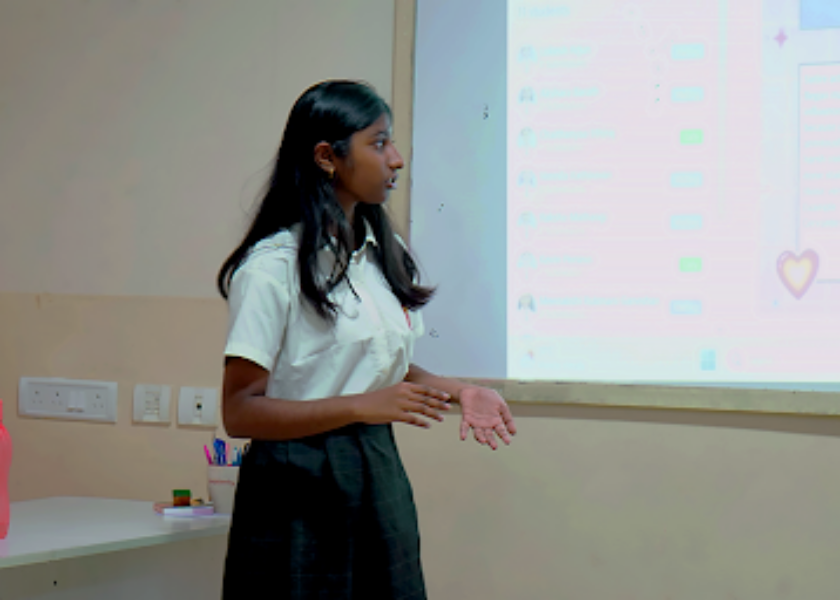In the realm of International Baccalaureate (IB) education, the Extended Essay stands as a testament to a student’s research, analytical, and writing skills. This extensive piece of academic writing, akin to a mini-thesis, offers students the opportunity to explore deep on a subject of personal interest. Let’s explore the nuances of the IB Extended Essay and discover how to approach its writing for a successful outcome.
Understanding the IB Extended Essay:
The IB Extended Essay is a significant component of the IB Diploma Programme. It challenges students to engage in independent research on a chosen topic, exploring it in-depth and demonstrating their ability to formulate a coherent argument. The essay is an opportunity for students to showcase their academic prowess, critical thinking, and intellectual curiosity.
Approaching the Writing Process:
Topic Selection:
Selecting a compelling topic is paramount. It should be of personal interest and have the potential for thorough exploration within the guidelines provided by the IB.
Formulating a Research Question:
A well-crafted research question narrows down the scope of the essay and guides the research process. It should be specific, focused, and open to analysis.
Length of Essay:
The Extended Essay has an upper limit of 4,000 words. This count includes the introduction, body, conclusions, and any quotations. However, elements like the abstract, acknowledgements, table of contents, maps, charts, diagrams, annotated illustrations, tables, reference pages, and appendices are excluded from the word count.
Conducting Research:
Thorough research is the foundation of a successful Extended Essay. Utilize a variety of reputable sources, such as academic journals, books, and primary sources, to gather relevant information.
Structured Outline:
Organize your essay with a clear structure. Include an introduction, body paragraphs, and a conclusion that summarises the key findings and arguments.
Critical Thinking:
Apply critical thinking skills to evaluate sources and present a balanced view. Avoid bias and consider counterarguments to strengthen your analysis.
Drafting and Revision:
Write a draft of your essay based on your research. Review and revise your work multiple times. Pay attention to clarity, coherence and effective use of evidence.
Citations and Referencing:
Properly cite your sources using the required citation style (e.g., MLA, APA, Chicago). Plagiarism is a serious offence, so ensure accurate referencing.
Reflection:
Complete the Reflection session, a mandatory component of the EE. Reflect on your research process, challenges faced, and lessons learned.
Time Commitment:
Dedicate around 40 hours to independent research and writing a quality essay. The process begins with informational sessions and relationship establishment. Submit a research plan, essay proposal by January in the first year. Submit a final draft of at least 2000 words to the supervisor by October of the second year. The final essay is due in November.
By adhering to these steps and understanding the intricacies of the IB Extended Essay, students embark on a rewarding academic journey showcasing skills and fostering appreciation for research and analysis.
Gateway International School’s Approach:
At Gateway International School, a prominent IB Board school in Chennai, the importance of the Extended Essay is emphasized. With guidance from experienced educators, students are supported throughout the EE process. The school encourages students to choose diverse and intriguing topics, fostering a love for learning beyond the classroom. As one of the leading IB schools in Chennai, Gateway International School is dedicated in providing an enriching educational experience that goes beyond textbooks and examinations.
Conclusion:
The IB Extended Essay is not just an academic requirement; it is an opportunity for students to explore their interests deeply and develop essential skills for higher education and beyond. By approaching the EE with enthusiasm, dedication and a systematic strategy, students can navigate the challenges and achieve a well-researched and insightful essay that reflects their academic growth and intellectual curiosity.



